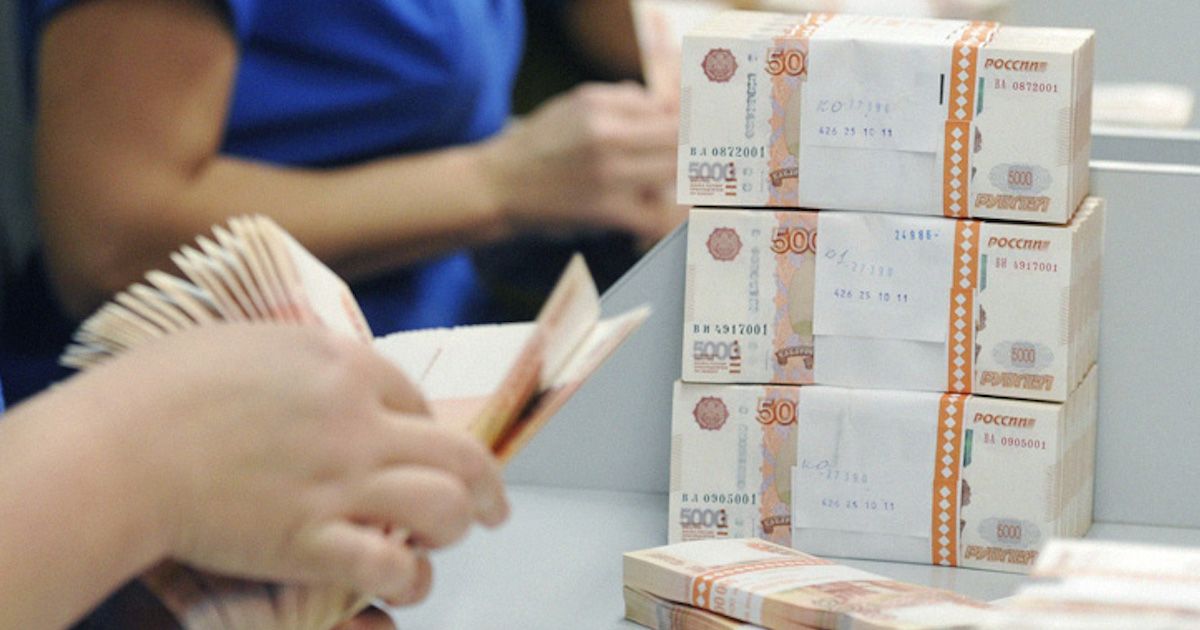The economic troubles in Russia have led to increased investment from the United Arab Emirates (UAE) in Russian oil and gold markets, while wealthy Russians are flocking to the UAE, boosting its economy and causing a real estate boom.
The U.S. economy and markets seem to be in good shape for now, but there are concerns about the potential for problems in the future due to factors such as rising interest rates, supply and labor shocks, and political uncertainties.
Russia's stock market is performing well on the surface, but experts believe it is an illusion meant to hide the declining state of Russia's economy, which is likely to continue suffering as long as President Putin remains in power.
Russian President Vladimir Putin has called for measures to control rising inflationary risks in the country and maintain a high level of industrial output, as he prepares for re-election and deals with the strain of military operations in Ukraine.
Investments in Russia's stock market are deceptive and likely to go nowhere as the country's economy spirals downwards under President Vladimir Putin's rule, according to Yale researchers.
China's economy is facing a series of crises, including a real estate and debt crisis, record joblessness, and a growing lack of confidence, leading to decreased spending and investment.
Russia's Finance Minister, Anton Siluanov, has stated that the country's economy is expected to grow by 2.5% or more in 2023, with inflation predicted to be around 6%.
The Russian ruble's recent volatility and decline in value reveals the underlying struggle of funding the military without damaging the national currency or causing inflation, while the Kremlin's efforts to stabilize the economy in the short term may not prevent long-term economic decline and stress on the ruble.
The brain drain caused by Russia's war on Ukraine, with a majority of highly educated and younger individuals leaving the country, will have a significant negative impact on the Russian economy, causing a record labor shortage and leading to a decline in GDP that will see Russia fall behind Indonesia in 2026.
Germany is predicted to experience a prolonged recession this year, making it the only major European economy to contract in 2023, according to the European Commission, with its growth expectations also being cut for 2024; this is attributed to struggles following Russia's invasion of Ukraine and the need to end energy dependency on Moscow.
The West needs to increase pressure on Russia's economy by intensifying sanctions and implementing stricter controls on Russian exports, oil price caps, and financial transactions, while also uncovering hidden stashes of money and putting Russia under a full financial embargo.
Russian President Vladimir Putin acknowledged that inflation in Russia has made it nearly impossible for businesses in the country to plan, but he brushed off longer-term concerns, stating that the problems are not "insurmountable."
The slumping Russian ruble has raised concerns of a potential exodus among Central Asian labor migrants, as their salaries decrease in value and they have less to send home to their families, exacerbating an existing labor shortage in Russia and impacting the country's long-term economic potential.
The Central Bank of Russia has raised its key lending rate to 13% in an effort to combat inflation and stabilize the struggling ruble, which has weakened significantly against the dollar due to decreased exports and increased imports. The country also faces challenges with low unemployment and a brain drain of talent to other former Soviet states. However, the Russian government remains optimistic about economic growth forecasts for 2023.
Sanctions imposed on Russia due to the invasion of Ukraine have resulted in fuel shortages, scarcity of readily available items, and impacts on the aviation industry, paper production, plywood manufacturing, cell-phone reception, tire and lubricant supply, and the production of military vehicles.
Hundreds of companies have left Russia due to its invasion of Ukraine, but others remain due to financial concerns, assets being difficult to sell, and humanitarian reasons, however, the long-term consequences for staying in Russia may include reputational damage and potential financial risks.
Russia's economy is facing stagnation due to poorly timed interest rate hikes and high inflation, according to economists, despite President Putin's claims that the country's financial problems are manageable.
Double-digit interest rates and the possibility of further hikes are hitting the Russian economy hard, as the impact of higher industrial production and rising defense spending fade, leading to stagnation or decline in household consumption and investment.
Despite facing Western sanctions, Russia has managed to sustain its economy through increased military spending, but questions remain about the long-term viability of this militarization.
